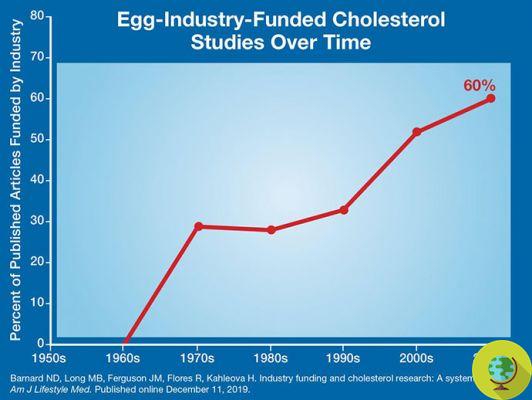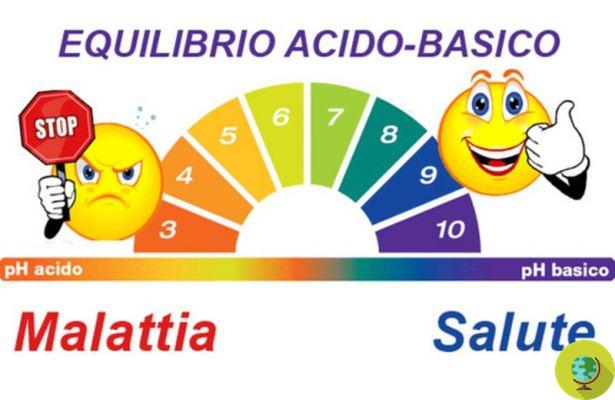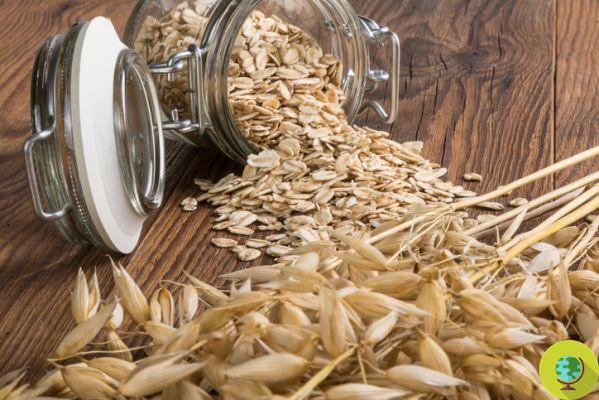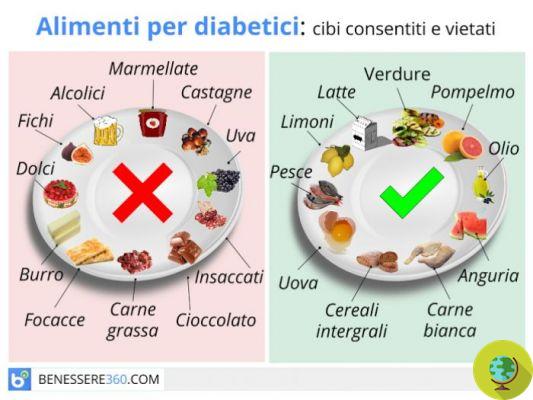
According to a new study, eating green leafy vegetables every day could ward off dementia in old age by slowing brain aging by 11 years.
Don't store avocado like this: it's dangerousEating large amounts of green leafy vegetables every day could ward off dementia in old age by slowing brain aging by 11 years.
If it is true, how is it true that the green leafy vegetables are among the healthiest foods, to eat - following their seasonality - mostly raw or steamed, now a research from Rush University Medical Center in Chicago and published in the journal Neurology states that, while cognitive abilities naturally decrease with As you age, eating one serving of green leafy vegetables a day can help preserve memory and thinking skills and ward off the risk of senile dementia.
Green light, therefore, for spinach and chard, also perfect as sources of fiber, minerals and vitamins, but also for watercress and lettuce, burdock, rocket, chicory ...
"Adding a daily serving of green leafy vegetables to your diet can be an easy way to promote brain health," says study author Martha Clare Morris, a nutrition epidemiologist at Rush.
The study results suggest that people who ate green leafy vegetables had a slower rate of decline on memory and thinking skills than people who rarely or never ate them. The study results also suggest that older adults who ate at least one serving of green leafy vegetables were shown to be about 11 years younger of those who never or rarely ate vegetables.
The survey
The study enrolled volunteers who were already participating in the Rush Memory and Inving project, which was running in 1997 among residents of Chicago retirement communities and public housing estates. A “food frequency questionnaire” was added from 2004 to February 2013, completing 1.068 participants. Of these, 960 also received at least two cognitive assessments for cognitive change analysis.
These 960 people at the start of the study had a mean age of 81 and had no signs of dementia. The scholars tested their thinking and memory skills each year and were followed up for an average of 4,7 years. Participants also completed food frequency questionnaires, which assessed the frequency and number of servings of spinach; cabbage / kale / collard greens or a portion of salad / lettuce.
The study divided the participants into five groups based on how often they ate green leafy vegetables and then compared the cognitive ratings of those who ate the most (an average of about 1,3 servings per day) and those who ate. less (0,1 servings per day).
After several years of follow-up, the rate of decline for those who ate green leafy vegetables it was 0,05 slower than the rate for those who ate none. This difference was equivalent to about 11 years.
Researchers say that for now further research is also needed on younger populations to confirm these results, which in any case also took into account other factors such as fish and alcohol consumption, smoking, possible hypertension and obesity, level of education and quantity. of physical and cognitive activities.
Read also:
Alzheimer's: here is the diet to prevent it, but beware of copper
Superfood: the list of the 41 most nutritious and healthy vegetables
10 alkaline foods to eat every day
In any case, the thesis is confirmed that eating healthy and following a balanced diet is nothing more than a panacea for body and mind!
Germana Carillo


























